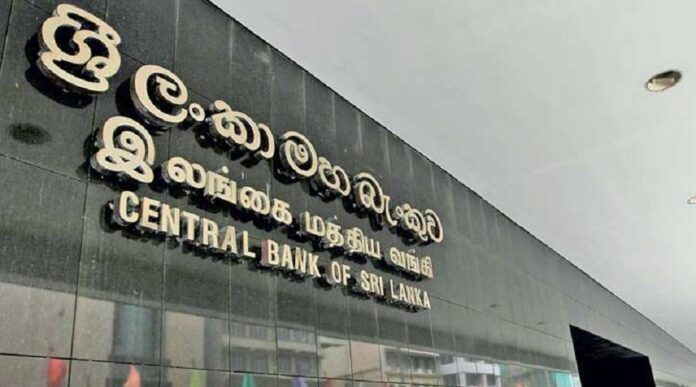In a landmark move to promote environmental and social resilience, the Central Bank of Sri Lanka (CBSL) has launched the Sustainable Finance Roadmap 2.0 (2025–2029), an enhanced version of its original 2019 framework. The roadmap aims to integrate Environmental, Social, and Governance (ESG) principles more deeply into the financial system, ensuring Sri Lanka’s financial sector aligns with global sustainability goals.
Launched with technical support from the International Finance Corporation (IFC) and funding from the European Union, the roadmap is part of the Accelerating Climate Smart and Inclusive Infrastructure in South Asia (EU-ACSIIS) program. It arrives at a time when Sri Lanka is increasingly vulnerable to climate-related economic shocks and social disparities.
CBSL Governor. Nandalal Weerasinghe described the roadmap as a “critical step” towards embedding ESG into core business operations. While ESG adherence in Sri Lanka remains voluntary, other countries have begun enforcing mandatory climate disclosure regulations.
The roadmap seeks to bridge that gap by merging global best practices with insights from Sri Lankan institutions such as the Securities and Exchange Commission (SEC), Insurance Regulatory Commission (IRCSL), Colombo Stock Exchange (CSE), and industry associations.
A key element of the roadmap is the development of risk-informed decision-making and targeted financial tools. These include:Green loans for sectors like renewable energy and sustainable agriculture.Climate risk insurance to protect farmers from natural disasters and training bank staff on green finance principles to better assess environmental risks.
Weerasinghe stressed the urgency of these measures, referencing World Bank data projecting that climate change could push 32 to 132 million people into extreme poverty by 2030. He noted that financial resilience for all, especially in rural and vulnerable communities, is essential.
Another major focus is inclusive finance. The roadmap supports the second phase of the National Financial Inclusion Strategy (NFIS), which targets Micro, Small, and Medium Enterprises (MSMEs) through Inclusive Green Finance (IGF). The CBSL aims to uplift these sectors while protecting financial consumers, strengthening digital payments, and enhancing trust through transparency.
He also emphasized the importance of financial literacy, especially for women, low-income households, and people with special needs. Educating these groups is seen as key to building climate-resilient MSMEs and preventing financial exploitation.
The roadmap aligns with the recent adoption of SLFRS S1 and S2 (based on international sustainability reporting standards), now effective from January. These standards mandate the disclosure of sustainability and climate-related financial information, enhancing accountability across sectors.
Additionally, the CBSL supports Sri Lanka’s Carbon Net Zero 2050 Strategic Plan, which outlines emissions reduction strategies across energy, transport, industry, agriculture, waste, and forestry. The goal is to shift industries toward sustainable practices that combine profitability with measurable environmental and social impact.
IFC’s Country Manager Gevorg Sargsyan commended the CBSL’s leadership, noting that sustainable finance is pivotal for job creation, economic growth, and attracting investment. He reaffirmed the IFC’s continued commitment to building a resilient and inclusive financial ecosystem in Sri Lanka.
